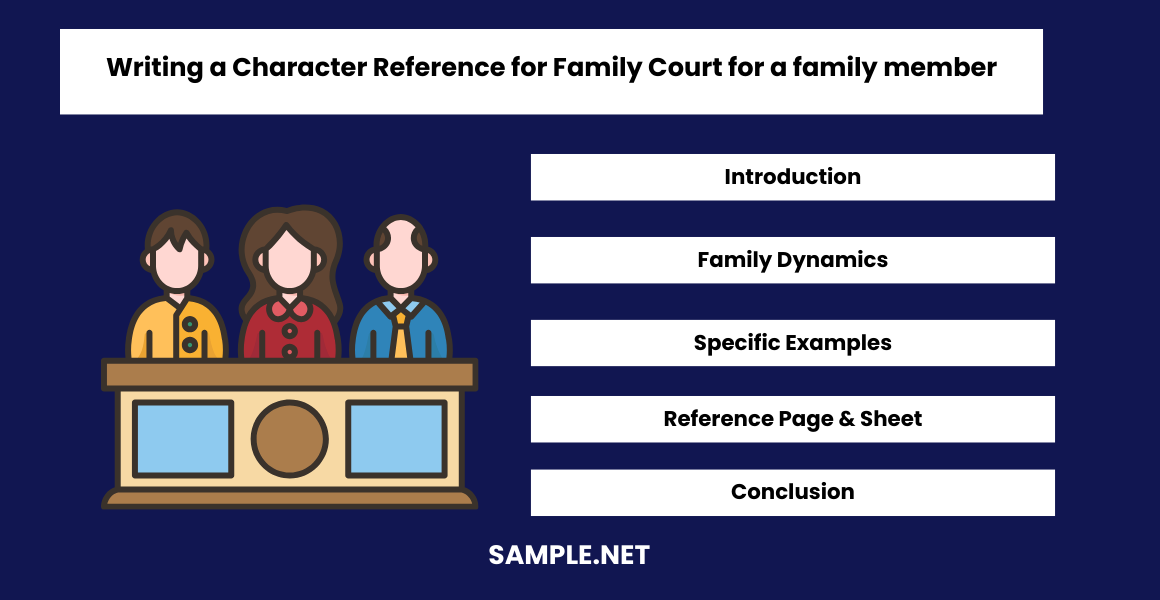Character Reference (for Court) Samples
-
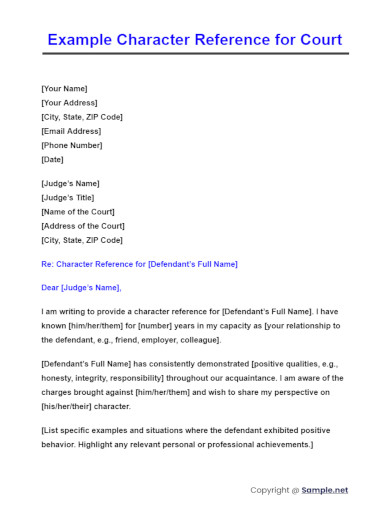
Example Character Reference for Court
download now -
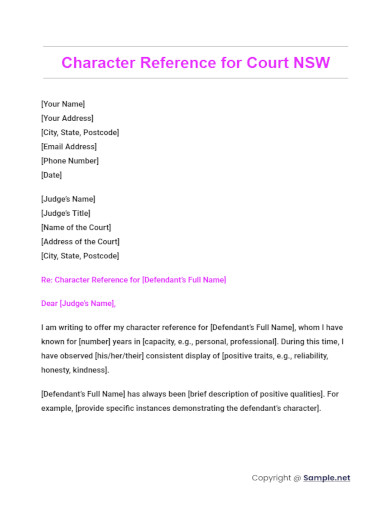
Character Reference for Court NSW
download now -
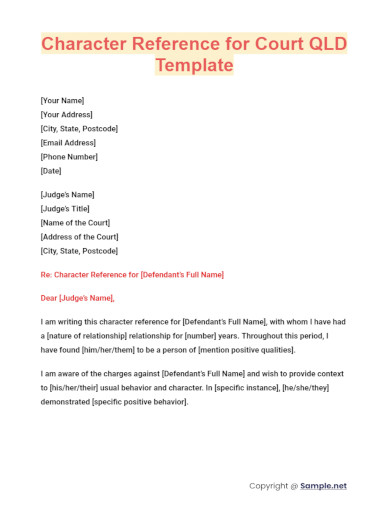
Character Reference for Court QLD Template
download now -
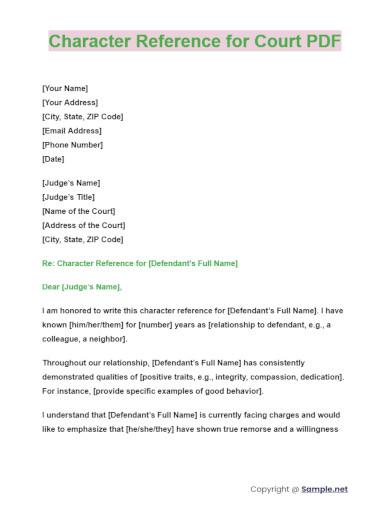
Character Reference for Court PDF
download now -
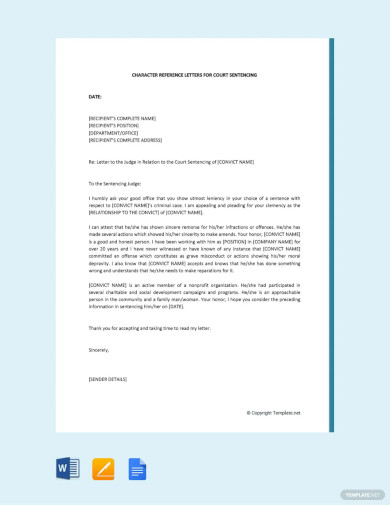
Character Reference Letters for Court Sentencing Template
download now -

Character Reference Letters for Court Example Template
download now -
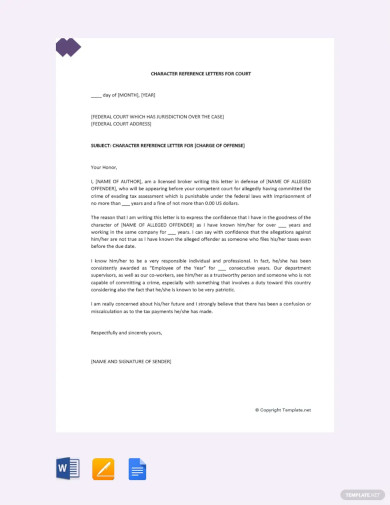
Character Reference Letter for Courts Template
download now -
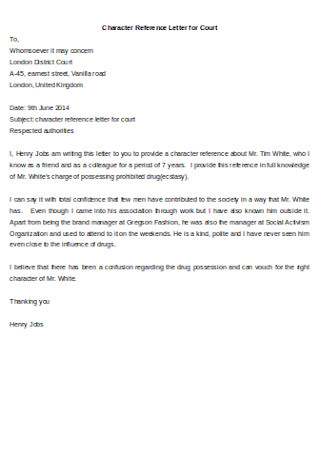
Character Reference Letter for Court
download now -
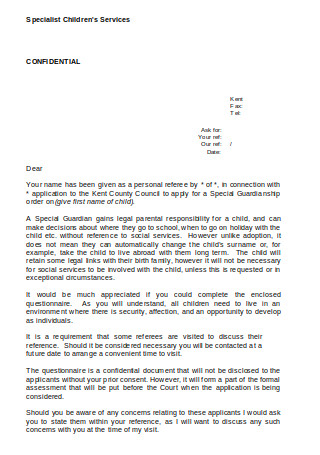
Personal Character Reference Letter for Court
download now -
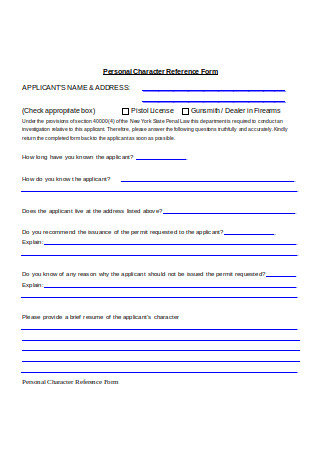
Employer Character Reference for Court
download now -
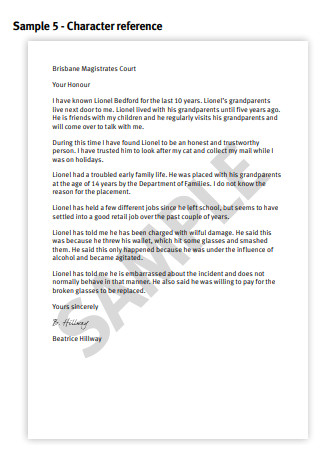
Sample Character Reference Court Hearing
download now -
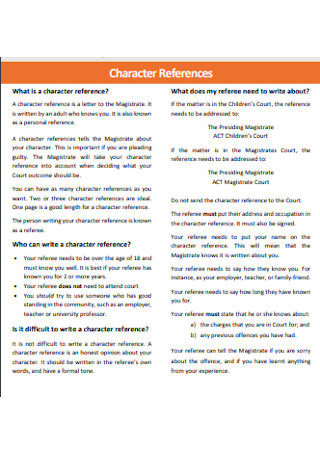
Good Moral Character Reference for Court
download now -
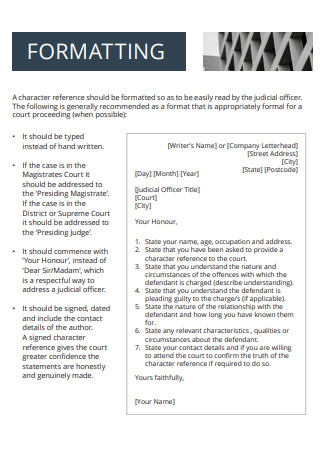
Character Reference Judge Court
download now -
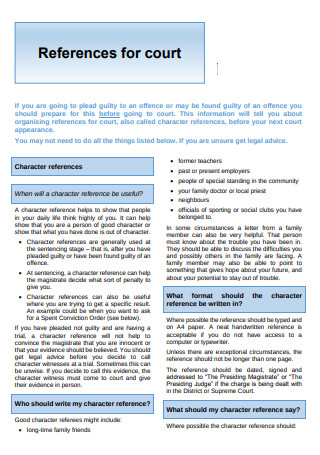
Character Reference Sentencing for Court
download now -
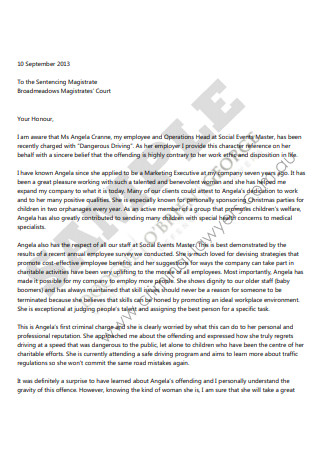
Sample Parent Character Reference for Court
download now -
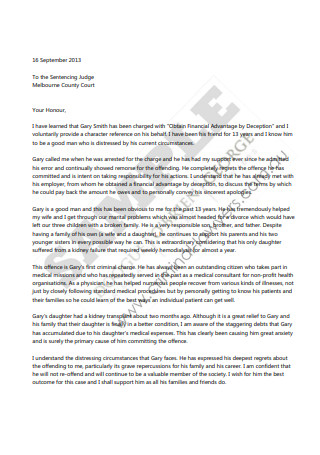
Sample Husband Character Reference for Court
download now -
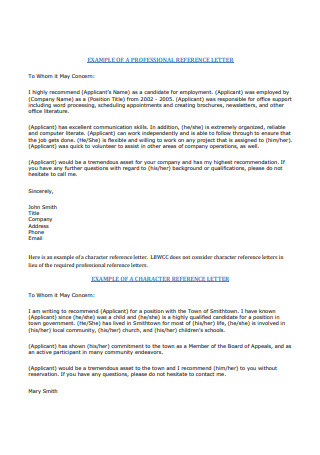
Child Custody Professional Character Reference Letter
download now -
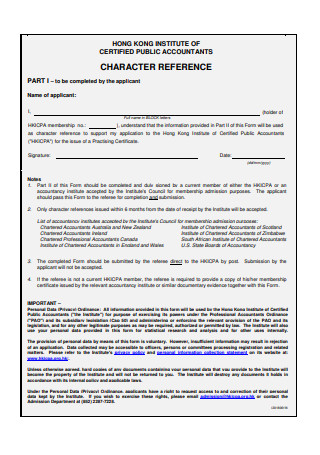
Character Reference Work Form
download now -
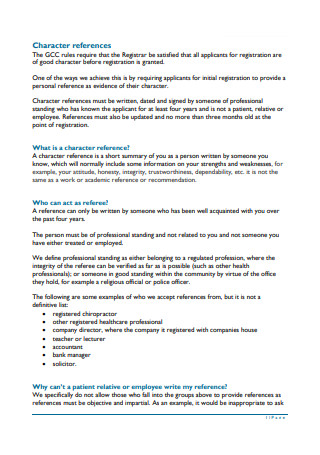
Simple Partner Character Reference for Court
download now -
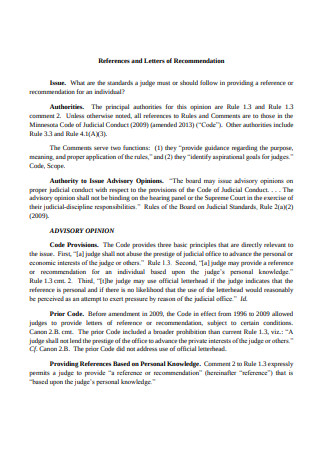
Character References and Letters of Recommendation for Court Case
download now -
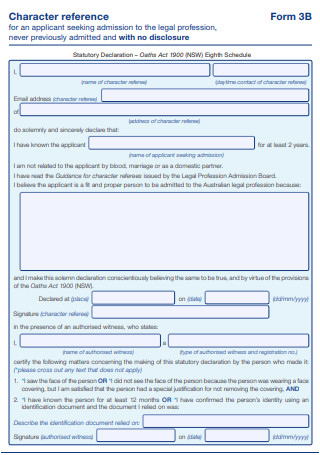
Criminal Character Reference for Court
download now -
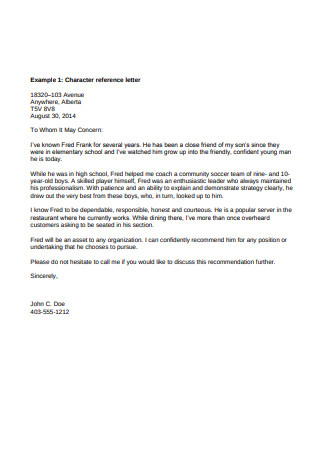
Example of Son Character Reference Letter
download now -
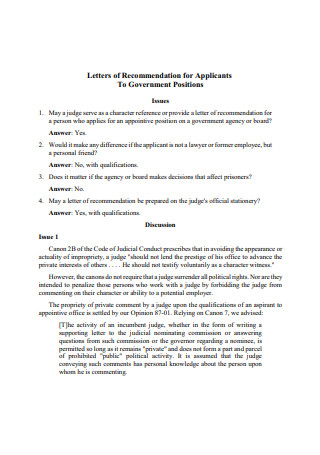
Driving Character Reference for Court
download now -
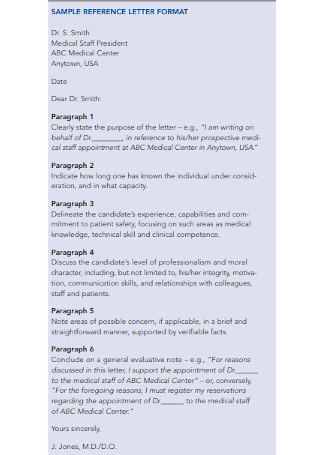
Assault Charge Character Reference for Court
download now -
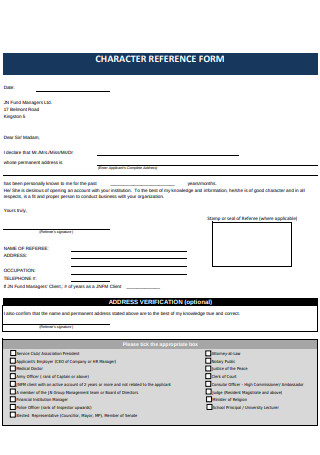
Sample Self Character Reference Form
download now -
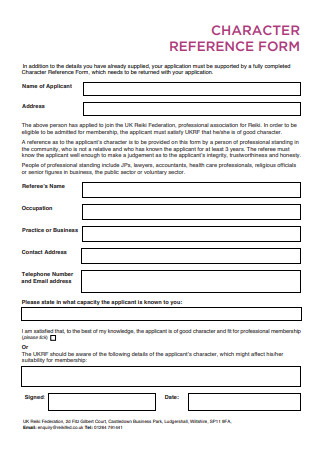
Colleague Character Reference Form Format
download now -
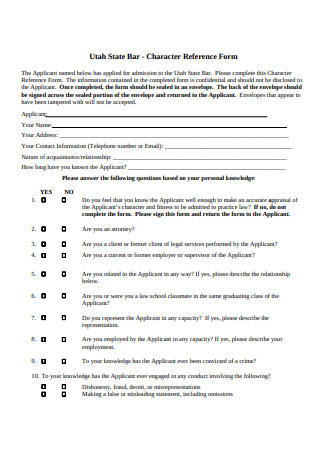
Professional Character Reference Form
download now -
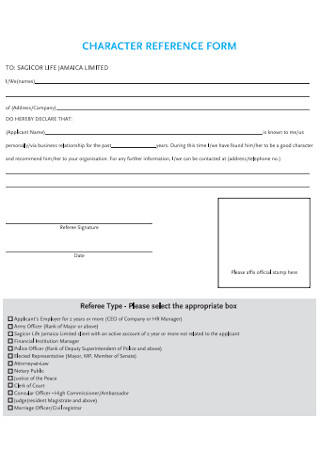
Father Character Reference Form
download now
FREE Character Reference (for Court) s to Download
Character Reference (for Court)
Character Reference (for Court) Samples
What Is a Character Reference (for Court)?
The Importance of a Character Reference (for Court)
How to Write a Character Reference (for Court)
The Dos and Don’ts of a Character Reference (for Court)
How do you write a good character reference for court?
What does a judge look for in a character letter?
How to write a character statement?
What 3 ways can you demonstrate good character?
How to write a letter to a judge on behalf of yourself?
How to write a negative character reference letter for court?
How long should a character reference be for court?
How long should a character letter be?
How to start a character letter for Court?
What to say to a judge before sentencing?
What is a good character evidence?
Can a family member be a character witness?
What is a character letter for a court mother?
Download Character Reference (for Court)
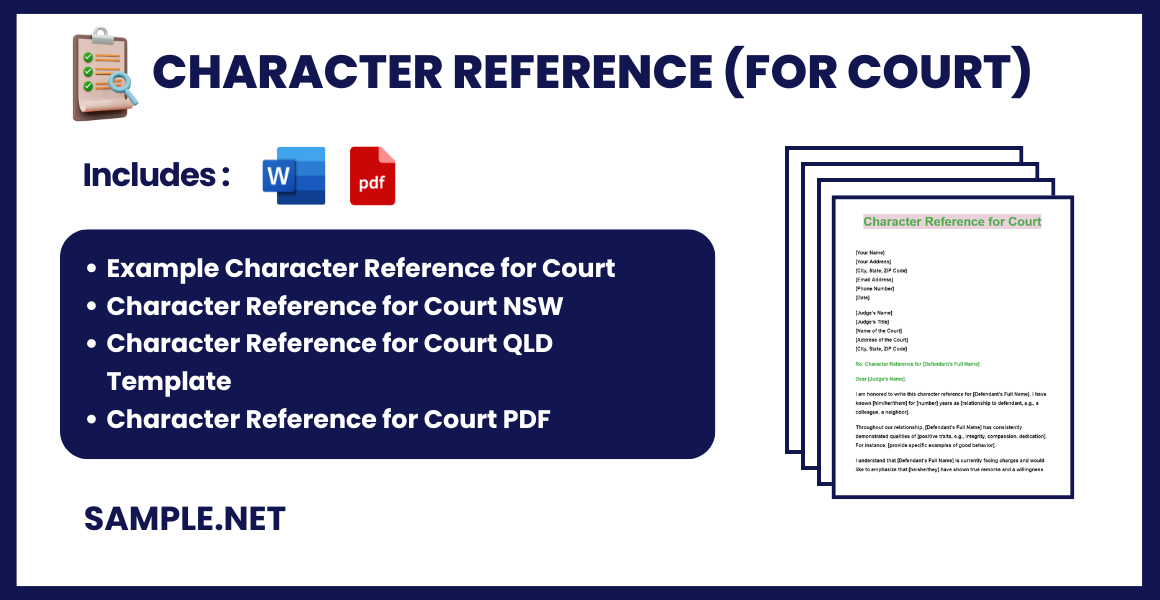
Character Reference (for Court)
Header
- Your Name: [Your Name]
- Your Address: [Your Address]
- City, State, ZIP Code: [City, State, ZIP Code]
- Email Address: [Email Address]
- Phone Number: [Phone Number]
- Date: [Date]
Salutation
- To Whom It May Concern,
Introduction
- Introduction of Yourself: Provide your name and relationship to the person.
- Purpose: State the purpose of the letter, i.e., providing a character reference for court.
Body
- Character Description: Describe the person’s character, behavior, and integrity.
- Examples: Provide specific examples of the person’s positive traits.
- Relevance: Explain why the person’s character is relevant to the case.
Conclusion
- Summary: Summarize your support and recommendation.
- Contact Information: Offer to provide further information if needed.
- Signature: Sincerely, [Your Name]
What Is a Character Reference (for Court)?
A character reference for court is a letter written about the accused by someone that he or she knows pretty well. The referee, or the person writing the letter, can be an asset to the case by helping mitigate, or reduce, the possible penalty of the accused person. For example, the Court often accepts character reference letters from people who can attest to the person’s lifestyle, medical condition, or family life. This centers around the idea that a morally good person is less deserving of punishment compared to a neutral or bad person who committed a similar offense. Preparing character references can also make the accused a prospect of rehabilitation due to the remorse and contrition that he or she feels over the act committed.
Who Should Provide the Character Reference?
Contrary to what many believe, character reference letters for court sentencing don’t have to come from someone who is held in high regard by society. You don’t need a priest, a politician, or an actor to receive a credible testimony that could solidify your case. The referee can be anyone who has known you for a long time or even had contact with you over the years. It can be a friend, an employer, or a colleague, depending on who can willingly carry out the task in your favor. What’s important is that the person can say something relevant about the accused to help avoid unnecessarily severe consequences. The letter may discuss what the accused is like as a person, one’s contributions to society, and how a harsh penalty could affect their loved ones. The message you convey should give the Court a good sense of the kind of person they are.
The Importance of a Character Reference (for Court)
Among the number of prisoners wrongfully convicted, a report by the Human Rights Defense Center claims that 47% of black prisoners make up the higher percentage of exonerations while white prisoners only account for 39% of the total. The raw numbers are a clear indication of racial bias that is very much existent in today’s society. Some factors that may have played a part in the prisoner’s conviction are the lack of evidence presented in court and a poor reference of character. It may sound silly, but a person of “good behavior” has a better chance of receiving a fair sentence compared to someone with a bad record.
While a character reference may not make a significant impact on the penalty, it can often persuade Court officials to lighten the punishment imposed on the defendant. That’s because providing clear evidence of good character may support a more lenient sentence and possibly reduce the seriousness of the offense. Those who bear innocence and those who are guilty of a nonviolent crime have a better chance of reducing their sentence with a good character reference. This shows that the subject is a respected and admired member of the community and that the offense is seen as out of character by others. This could mean the difference between a sentence of full-time custody and one that is non-custodial. You should also take a look at our Fraternity Letter of Recommendation
How to Write a Character Reference (for Court)
Bringing to the Court’s attention the details of the defendant’s good character can often be useful in deciding the appropriate penalty for the crime committed. If someone you know is being sentenced in court and they ask you to write a character reference to help clear their name, would you know what to do?
It might seem intimidating at first, especially if you’ve never experienced writing one in the past. Knowing where to start will be your biggest challenge as a beginner. To help you out, here are a few points to remember when writing a character reference letter for court:
Step 1: Include the Date of Writing and Your Contact Details
The judge or magistrate handling the case may want to verify the authenticity of your reference by letting a prosecutor or clerk call to check on you. You might have a brief conversation with the caller regarding the contents of the letter and whether or not you are aware of its existence. For the convenience of the caller, it’s best to include a contact number that you are actively using at the moment to make it easy for them to get in touch.
Step 2: Say Something about Yourself
The Court will appreciate it if you could provide some information about yourself for identification. It can be about the company you work for, your role in the company, and any volunteer or committee positions you may have in your community. You don’t have to provide a detailed overview of your accomplishments if they play no significance in the letter’s intentions. Instead, including information that proves that you’re a law-abiding citizen can help add to the credibility of your character reference.
Step 3: Explain Your Connection to the Defendant
Is there a family relation to the defendant? How long have you known the person? What role do you play in his or her life? The Court would want to know if the contact you had with the defendant is sufficient enough for you to provide a personal account of their character. It’s important, to be honest with your statements and to provide a quick run-through of your relationship over the period you have known each other.
Step 4: Describe the Defendant’s Character
No matter how close you are with the accused, there’s no denying the mistake in their actions especially when there are pieces of evidence to support. Rather than stirring an argument, recognize the offense and mention only what you know to be true from what the person before the Court has told you directly. But since this letter is also meant to side with the defendant, what you want the Court to know about the person’s character must then follow. If you know the defendant is innocent, provide information that will lead one to believe that the accused could not have committed the crime. And if the defendant pleads guilty, simply inform the Court that the defendant is sorry for the damages done and understands that the consequences that he or she may face.
Step 5: Provide Your Knowledge of What Is Going On in the Person’s Life
Although it may not apply to some circumstances, it may help to let the Court know about any unfortunate events in the defendant’s life that caused him or her to commit the crime. People guilty of traffic violations are sometimes caught breaking the law due to an emergency or accident that led to the violation. The point is to give the Court insight as to what the defendant’s true character is despite the case filed against them. You should also take a look at our Paralegal Letter of Recommendation
The Dos and Don’ts of a Character Reference (for Court)
Courts see character references as something that could help them make a fair judgment in determining one’s sentence. This will help the magistrate or judge decide what penalty should the accused face. For that reason, creating a reference letter that is meaningful to the case is essential for everyone involved in the matter. While there are no real ingredients to writing an effective character reference, your honesty, sincerity, and openness can make all the difference in the defendant’s circumstance.
Dos
1. Do speak with the defense attorney before writing your letter.
Writing a formal letter for a legal proceeding can put the writer under a lot of pressure. You don’t want to say something that could worsen one’s case and place them at a disadvantage. It would be helpful if you speak with the defendant’s attorney beforehand to get a better idea of what you can say and what you should avoid saying in the letter. As a legal expert, the attorney may guide you with your content as you try to translate your thoughts into words. Seeking legal counsel is sure to help generate a favorable outcome for the accused.
2. Do take the time to introduce yourself.
Start by introducing yourself to the reader. Your occupation and any qualifications you take pride in may be emphasized. This should be followed by an outline of the relationship you have with the subject of the legal proceedings. You can provide a sample brief summary of how you know the person, how long you have known each other, and how often the both of you are in contact. You can also note whether you’re a family member, co-worker, or friend of the individual. The longer you’ve been connected to each other, the more weight is added on your reference by the Court.
3. Do keep it direct and to the point.
No one has the time to read through a lengthy and overly detailed letter. The time allocated for the court to read your letter is fairly limited, so be considerate enough of this fact by keeping the letter as brief and concise as possible. Using shorter sentences and simple language can also prevent ambiguity by making your message easier to grasp. Be sure to cut out words or phrases that don’t play a significant role in what you are trying to communicate. Anything that is considered unnecessary to your message must be excluded to prevent readers from drifting away from the context of what you are trying to convey. It’s also best to keep your points specific and relevant to the matter in question.
4. Do acknowledge the charges brought against the accused.
Show that you recognize the offense that the person has been charged with. If you’re well aware of the case and have spoken with the accused since its occurrence, it would help if you state how the accused feels about the whole ordeal, including any feelings of remorse over the act committed. People who take responsibility for their actions are more than willing to make a change within themselves. So if the subject has been attending counseling sessions or has sought rehabilitation and treatment from a local center, then it is worth noting in the letter.
5. Do offer your honest opinion of the person’s general character.
Portray the accused person in a way that limits your opinion to positive affirmations. If you think it is out of character for the accused to commit the offense out of human nature, explain your reason for having this belief. You’d want to avoid saying anything you know is not true in an attempt to paint the person who committed the offense in a good light. Lying is an offense in itself, and the last thing you’d want to do is to provide information that could hurt a person’s chances of getting a lighter sentence. You should also take a look at our Physician Assistant Letter of Recommendation
Don’ts
1. Don’t try to argue against the charges on behalf of the accused.
You’re in no place to start an argument against what’s already on the table. While you may convince the Court to at least reduce the weight of the penalty against the defendant, avoid making a direct reference to the charges filed. Your aim with the letter is not to prove one’s innocence, but to let the Court know that the defendant does not deserve a harsh sentence. Instead, it’s best to acknowledge the fact that the accused made a mistake that should be addressed under lawful terms.
2. Don’t use informal or disrespectful tone.
If you want your voice to be heard, understand that there is so much value when you learn to speak in a civilized manner. Be mindful of who your audience is and how your letter may affect the defendant’s case. When writing a letter for a legal purpose, you must maintain a professional tone all throughout your writing. This will serve as an advantage as it adds to your credibility as the referee. Also, avoid using slang or swear words that may sound offensive to the person reading it. Calling out the people involved in the case, such as the prosecution or the police, is another thing you’d want to avoid doing so as not to shed a negative light on your intentions.
3. Don’t mislead your readers.
If you know the accused well enough to write the letter, then you should also know better than to lie about the person’s history. Claiming that the defendant has a clean record despite your knowledge of his or her criminal background may put you in hot water with Court officials. Your attempt to illustrate the accused in a positive light will eventually backfire if you think that lying would be an easy way out. If the Court finds out that you’ve been lying all along, they may consider the reference to be unreliable and your only chance to make a difference in the case could all go to waste. This is an opportunity you don’t want to lose, so be sure to maintain your honesty all throughout the letter.
4. Don’t include any information you aren’t certain about.
When you attest to a person’s character, then it means you’re sure about what you’re saying based on a personal encounter with the subject. This is one of the reasons why acquaintances of the accused are prohibited from constructing something as vital as a character reference letter. No matter how convincing you make it sound, it won’t be long until the Court realizes some discrepancies between your account and someone else’s. If you can’t produce a solid account that’s favorable to the defendant’s case, you might as well decline the request to write the letter so as not to jeopardize the opportunity.
5. Don’t ignore the importance of proper formatting.
Using a business format to write a formal letter is something you should already know by now. Lay out the contents of the letter in an appropriate structure to ensure a logical flow of information. Proper spacing must be observed as well. Remember to address the recipient of the letter and to sign the document before submitting it for review. The best approach is to make the letter brief and concise for the reader’s convenience. You should also take a look at our Letter of Recommendation for Graduate School
How do you write a good character reference for court?

Writing a good Character Reference for Court involves honesty and clarity to effectively support the individual.
- Introduction: Introduce yourself and your relationship to the individual. Mention how long you have known the person.
- Character Traits: Highlight positive traits. Provide examples of good behavior.
- Specific Incidents: Describe specific incidents that showcase their character. Be detailed and truthful.
- Affidavit of Character: Consider including an Affidavit of Character for formal support. Ensure it’s notarized.
- Conclusion: Summarize your support. Offer your contact information for further questions.
What does a judge look for in a character letter?
A judge looks for honesty, specificity, and relevance in a Character Reference for Court.
- Honesty: Be truthful about the individual’s character. Avoid exaggeration.
- Specific Examples: Provide detailed examples of positive behavior. Highlight contributions to the community.
- Relevance: Relate examples to the case. Ensure the content is pertinent to the legal matter.
- Character Witness Statement: Include a Character Witness Statement. Offer firsthand observations.
- Tone: Maintain a respectful and formal tone. Avoid emotional or biased language.
How to write a character statement?
A Character Statement provides insight into someone’s character.
- Introduction: Introduce yourself and your relationship to the person. State the purpose of the statement.
- Positive Traits: Highlight key positive traits. Use specific examples to illustrate these traits.
- Detailed Incidents: Describe incidents that showcase the individual’s character. Be honest and specific.
- Reference Check Form: Attach a Character Bio if required. Ensure all sections are completed.
- Conclusion: Summarize your support. Provide your contact information.
How to write a character reference for family court for a family member?
Writing a Character Reference for Family Court for a family member involves a balanced and honest approach.
- Introduction: State your relationship to the family member. Mention how long you have known them.
- Family Dynamics: Describe the individual’s role in the family. Highlight positive interactions with family members.
- Specific Examples: Provide detailed examples of their good character. Focus on their parenting or relational skills.
- Reference Page & Sheet: Include a Reference Page & Sheet with detailed contact information. Ensure all information is accurate.
- Conclusion: Summarize your support for the family member. Offer your contact information for further questions.
What 3 ways can you demonstrate good character?
Demonstrating good character can be shown in various ways. Here are three effective methods.
- Community Service: Volunteer regularly in your community. Highlight your contributions in a Recommendation Report.
- Positive Relationships: Maintain strong, positive relationships. Get Reference List from respected individuals.
- Consistent Behavior: Show consistent, positive behavior in daily life. Maintain a record of good conduct.
How to write a letter to a judge on behalf of yourself?
Writing a letter to a judge on behalf of yourself requires clarity and respect.
- Introduction: Introduce yourself and your case. State the purpose of the letter.
- Explain the Situation: Clearly explain your situation. Provide necessary details.
- Evidence of Good Character: Highlight your positive traits. Mention any Registration Form or supporting documents.
- Request: Clearly state your request to the judge. Be respectful and concise.
- Conclusion: Summarize your main points. Provide your contact information for further questions.
How to write a negative character reference letter for court?
Writing a negative Character Reference for Court requires honesty and sensitivity.
- Introduction: Introduce yourself and your relationship to the person. State the purpose of the letter.
- Specific Concerns: Highlight specific concerns about the person’s character. Provide detailed examples.
- Impact of Behavior: Describe how their behavior has affected others. Use a Loan Application Form or similar document as context.
- Character Issues: Be clear about the negative traits. Avoid personal attacks.
- Conclusion: Summarize your concerns. Offer your contact information for further questions.
How long should a character reference be for court?
A Character Reference for Court should be concise, ideally one page long, similar in length to a Law School Letter of Recommendation.
How long should a character letter be?
A character letter should be one to two pages, enough to detail key points, much like an Internship Letter of Recommendation.
How to start a character letter for Court?
Start a character letter with an introduction of yourself, your relationship to the person, and the purpose of the letter, similar to starting a Professional Letter of Recommendation.
What to say to a judge before sentencing?
Before sentencing, express remorse, highlight positive character traits, and emphasize commitment to change. Approach the judge respectfully, as you would in a Thank You Letter for Recommendation.
What is a good character evidence?
Good character evidence includes testimonials from credible sources about the person’s positive traits and behavior, akin to supporting evidence in a Medical School Letter of Recommendation.
Can a family member be a character witness?
Yes, a family member can be a character witness, providing they can offer credible and unbiased testimony, just like they might for an Internship Recommendation Letter.
What is a character letter for a court mother?
A character letter for a court mother describes her positive traits, parenting skills, and community involvement, similar to a College Letter of Recommendation focusing on personal strengths.
A Character Reference for Court is a crucial document in legal proceedings, offering insight into an individual’s character. This article provided a comprehensive guide, including Sample, Forms, Letters, Use. Writing a clear and honest reference can significantly impact the court’s decision. Whether you’re crafting a Personal Letter of Recommendation or a professional character reference, follow our tips and examples to create an effective and credible document. Use these guidelines to support your loved ones effectively in their legal matters.

